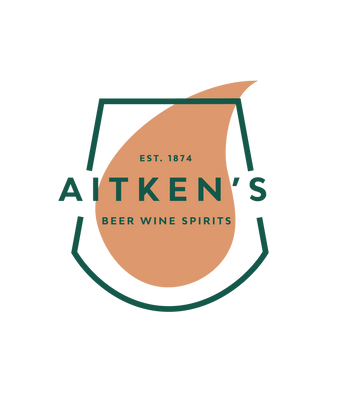| Grape | 51% Cabernet Sauvignon, 49% Shiraz (Syrah), Red Blend |
| Style | Dry, Red, Full Bodied, Black Fruits, Mint, Tannic, Spice, Rich |
| Country | Australia |
| Region | McLaren Vale |
| Volume | 75cl |
| ABV | 14.5% |
| Dietary | Vegetarian, Vegan |
Willunga 100 McLaren Vale Cabernet Shiraz is a full-bodied red with intense aromatics of dark cherry and cedar, complemented by notes of tobacco and bay leaf. On the palate, it has a rich blackcurrant flavour and a toasty oak finish with well-balanced tannins. Enjoy it with your favourite dishes.
About the Producer
Willunga 100 is in McLaren Vale, south of Adelaide. The grapes come from a range of selected vineyards in McLaren Vale, including some over 80 years old. Head winemaker Skye Salter is supported by Mike Farmilo who has 40 years of experience working in McLaren Vale. Together they aim to produce unique and distinctive wines which capture the essence of the region. They use modern equipment alongside traditional winemaking techniques to ferment the small parcels of fruit arriving at the winery. The term "hundred" originates from late Saxon and Norman England and refers to an administrative unit of government, meaning that 100+ households had to live in the area to qualify for its place on the map. Willunga 100 select their fruit from small parcels just as the district was divided up into '100s', or small lots.
Vineyard and Winery
The fruit for this wine was sourced from multiple sites across McLaren Vale, largely in the Tatachilla and Whites Valley subregions. The vineyards in Tatachilla are single cordon, trellistrained vines planted on loamy soils over limestone. This area experiences cooling sea breezes which moderate the summer temperatures. The Whites Valley vineyards are also trellised single cordon vines and soil types are generally alluvial clay, sand and gravel.
Each parcel was fermented separately in open top, stainless steel fermenters. Regular pump overs and plunging ensured optimum extraction while maintaining fruit purity. After 10 to 14 days on skins, wines were basket-pressed to stainless steel tanks to complete alcoholic fermentation. The wines were then racked to used French and American oak hogsheads and puncheons, to undergo malolactic conversion and maturation before bottling.
Reviews
Net Orders Checkout
| Item | Price | Qty | Total | |
|---|---|---|---|---|
| Subtotal |
£0.00 |
|||
| Shipping | ||||
| Total | ||||


